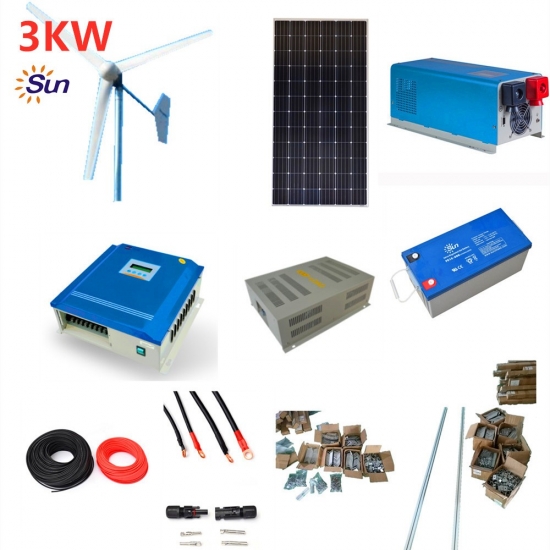Questions and answers about solar energy
 Sep 20,2024
Sep 20,2024

 sunchees solar system
sunchees solar system
Can you run a house completely on solar power?
What's the difference between a lithium battery and a lithium-ion battery?
Can you run a house completely on solar power?
Yes, it is possible to run a house completely on solar power. Here are some key points about powering a house solely with solar energy:
Solar Panels: The primary component is installing a sufficient number of high-efficiency solar panels on the roof or in the yard to generate all the electricity needed for the house. The panel size and quantity required depends on the home's energy usage.
Battery Storage: Solar panels generate electricity during daylight hours. To have power at night and on cloudy days, the system needs battery storage, such as lithium-ion batteries, to store the excess solar energy generated. - Inverters: Solar panels produce direct current (DC) electricity, which needs to be converted to alternating current (AC) that is compatible with the home's electrical system.
Inverters perform this conversion. - Energy Efficiency: To maximize the ability to run the entire home on solar, it's important to have energy-efficient appliances, lighting, HVAC systems, etc. to minimize the total electricity demand. -
Backup Generator: Some homeowners opt to have a small backup generator for extended periods of low sunlight, although this is not strictly required for a fully solar-powered home. The feasibility and cost-effectiveness depend on factors like the home's location, energy needs, available solar resource, and financial incentives. But with the right system design, it is absolutely possible to power an entire house solely through solar energy. Many homeowners have successfully achieved this.
Can I run AC on solar panel?
yes , according your ac power , we will design suitable solar panel system for your home use , can run AC, refrigerator ,light , tv, ect
What's the difference between a lithium battery and a lithium-ion battery?
The main difference between a lithium battery and a lithium-ion battery lies in their internal chemistry and construction:
Lithium Battery: - Uses metallic lithium as the anode material. - The lithium metal is highly reactive and can be a fire and explosion risk. -
Lithium batteries generally have a higher energy density compared to other battery types. - Examples include lithium metal, lithium-sulfur, and lithium-air batteries.
Lithium-Ion Battery: - Uses a lithium compound, typically lithium cobalt oxide, as the cathode material. - The anode is made of graphite rather than pure lithium metal. -
Lithium ions move between the anode and cathode during charging and discharging. - Lithium-ion batteries are generally safer than lithium metal batteries. -
Examples include lithium-ion, lithium-polymer, and lithium iron phosphate batteries. Key Differences: - Chemistry: Lithium batteries use metallic lithium, while lithium-ion use lithium compounds. - Safety: Lithium batteries pose more fire/explosion risk, while lithium-ion are safer.
Energy Density: Lithium batteries typically have slightly higher energy density.
Cost: Lithium-ion batteries are generally more affordable to manufacture. In summary, lithium-ion batteries are the more common and safer rechargeable battery technology used in most modern electronics, electric vehicles, and home energy storage systems. The lithium-ion design provides advantages over the older lithium metal battery chemistry.




 Home
Home This why you need batteries for your solar system
This why you need batteries for your solar system  You May Also Like
You May Also Like










 Tel
Tel
 Email
Email
 Address
Address
















